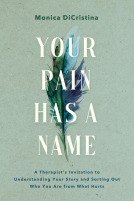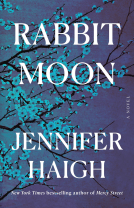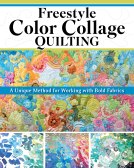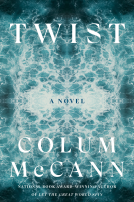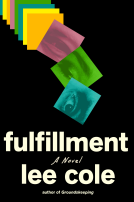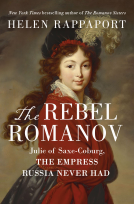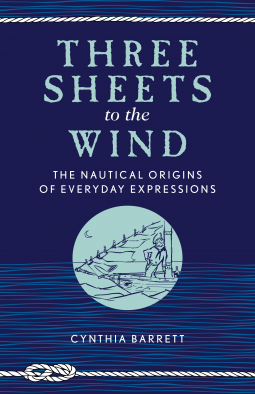
Three Sheets to the Wind
The Nautical Origins of Everyday Expressions
by Cynthia Barrett
This title was previously available on NetGalley and is now archived.
Send NetGalley books directly to your Kindle or Kindle app
1
To read on a Kindle or Kindle app, please add kindle@netgalley.com as an approved email address to receive files in your Amazon account. Click here for step-by-step instructions.
2
Also find your Kindle email address within your Amazon account, and enter it here.
Pub Date May 01 2019 | Archive Date May 10 2019
Rowman & Littlefield | Lyons Press
Talking about this book? Use #ThreeSheetsToTheWind #NetGalley. More hashtag tips!
Description
The origins of a remarkable number of everyday words and phrases are anchored in our seafaring past. Three Sheets to the Wind: The Nautical Origins of Everyday Expressions is an entertaining compilation revealing the maritime roots of common English expressions. The original “slush fund” was the fatty scraps from boiled meat that the ship’s cook secretly stashed away to sell at port to candle makers. The man who originally “turned a blind eye” was Admiral Nelson. In one of Naval history’s most famous acts of insubordination, Nelson, in the heat of battle, raised his telescope to his blind eye and announced he could not see the signal flag commanding him to break off action. The perfect companion for etymology lovers, factophiles, ocean dreamers, and the conversationally curious, Three Sheets to the Wind features 200 words and expressions that are nautically inspired. Alphabetically organized (from A to Sea) readers can also enjoy 100 original illustrations as well as relevant excerpts from the great novels of Melville, Forester, O’Brian, and others. These passages illustrate how such literary giants reached for these expressions in their classic masterpieces. Our everyday speech is peppered with language used by sailors when someone says they are “pooped” because they stayed to the “bitter end” of “happy hour”.
Cynthia Barrett is a senior editor at Metro Books, an imprint of Sterling Publishing Company. She is an avid sailor and has a long family history near the sea. Her great grandfather, George Washington Barrett was a whaler out of Cold Spring Harbor, Long Island and as such he sailed around Cape Horn three times. In the Civil War he served as Commanding Officer of the USS Whitehead during the Battle of Albemarle Sound. Her father was a Lieutenant in the Navy and was in the D-Day invasion of France. She lives in New York City.
Available Editions
| EDITION | Paperback |
| ISBN | 9781493042272 |
| PRICE | $16.95 (USD) |
Links
Featured Reviews
 Lisa N, Reviewer
Lisa N, Reviewer
I thought this book was kind of a hoot! I'm amazed at how much of our everyday words come from these salty sailors! I use a lot of it constantly. I have arthritis, and when it gets bad I tend to grab onto my hip. I call it listing to the starboard side! I've always thought that if there is such a thing as past lives, then I must have been a sailor. My favorite thing from this book? Yeah, that would be a cup of Joe! I won't tell you here, but it was funny how this saying came about! My thanks to Cynthia Barrett, and Netgalley for allowing me to read, enjoy and review this.
I loved this little book! It is full of interesting words we use that I would have never guessed came from sailors and ships. There was a lot of humor and some scandalous association to common phrases. I highly recommend it.
Three Sheets to the Wind: The Nautical Origins of Everyday Expressions by Cynthia Barrett was an entertaining read.
Cynthia Barrett comes from generations of seafaring men, her grandfather a whaler and her father a Navy man. In her attractive, illustrated volume she offers the entomology of phrases and terms that are rooted in maritime activities.
Presented in alphabetical order, each phrase includes an explanation of its origin and contemporary use, illustrated with excerpts from literature ranging from Homer to Melville to Patrick O'Brian.
I was a girl when I discovered Joan Lowell's pseudo-biography of a girl's life growing up on a sailing ship, Cradle of the Deep, and ever since I have enjoyed reading books about the age of sail, including the Nordoff and Hall Bounty books and Forester's Horatio Hornblower books. So, I was familiar with the original meanings of many of the terms, but others were a revelation.
When Archie Bunker called Edith a "dingbat" who knew a dingbat was slang for a deck mop made of used rope ends which would fly about uncontrollably while in use?
Speaking of old rope, the ends had to be repaired and spliced during times of calm, the sailors so employed being said to be "at loose ends."
I remember when blue jeans were called dungarees. Dungri is a Hindi word for cotton cloth. The first sailor's pants were made of old sails. Later, blue serge bell bottom pants were invented to make rolling up the pants legs easier for sailors employed at swapping the deck. When I was a teen bell bottom jeans were the rage.
A sailor from Belgium stowed his duds in a bag called a Duffle after the rough woolen cloth they used to make the sailor's clothing.
200 words and expressions are covered, and I am sure many will be surprised to learn the origin of sayings we still employ today.
I received a free ebook from the publisher in exchange for a fair and unbiased review.



